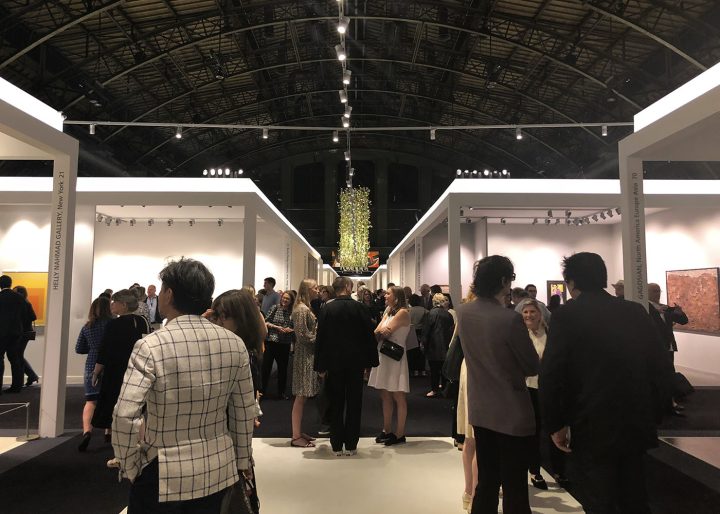
[ad_1]

TEFAF (The European Fine Art Fair) has announced a new global vetting policy that will replace art dealers and auction house experts on their vetting committees with advisors less connected to the market.
The fair’s executive committee announced the big change in a short press release that described the possible new cohort of vetting experts as “academics, curators, conservators, conservation scientists and independent scholars only.”
Alongside the news, Nanne Dekking, Chairman of TEFAF Board of Trustees, released the following statement:
“As a global organization we review our processes on a regular basis to ensure we remain the most trusted sales platform within the international marketplace. As such we have introduced a global vetting policy that is consistent across all our fairs and which meets the high standards that we set ourselves. As a result of this change of policy, TEFAF will be saying farewell to a number of vetters that have served the organization loyally for many years and, on behalf of the Board, I would like to record our immense gratitude to all those that have given TEFAF their support by sharing their time and knowledge so generously.”
The company announced its shakeup just five days after ending the weeklong run of its New York fall fair, which went through the end of October.
First held in 1988, TEFAF has become one of the most critically well-regarded art fairs in recent years, largely thanks to its uniqueness as a place of discovery and unexpected pairings. This comes as other large fairs like Frieze have failed to arouse praise from pundits despite hefty investments in their curatorial and events programming.
And for some time, the industry has faced rampant speculation about how sustainable the current model is for art fairs, as blue-chip galleries monopolize the market while small and mid-sized galleries close. In September, Art Basel even introduced a new pricing structure to help subsidize costs of their fairs for younger galleries. (Back in April, gallerist David Zwirner proposed something similar with a “tax” on larger galleries presenting at art fairs.) Recently, though, Art Basel’s parent company quietly announced that it would have to back off from its investments in regional fairs like Art Düsseldorf, India Art Fair, and Singapore’s Art SG. That news came after a tense summer, when Art Basel’s chief executive, René Kamm, abruptly resigned in August. The exit came after Swatch’s controversial departure from the group’s Baselword watch fair, considered one of the world’s most important luxury good trade fairs.
The news from TEFAF indicates that the company is likely attempting to consolidate its brand as the critically-acclaimed outfit of the industry while heightening its reputation of authority and ethical stewardship in antiquities, a sector of the market often accused of impropriety and obliqueness.
Source link